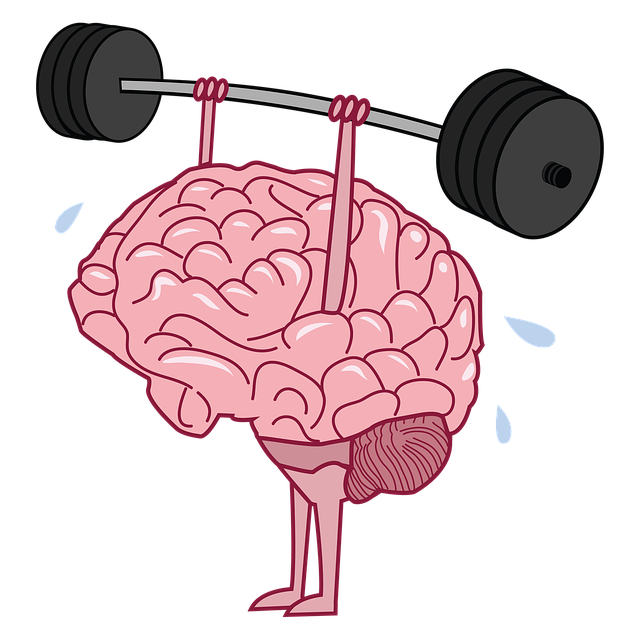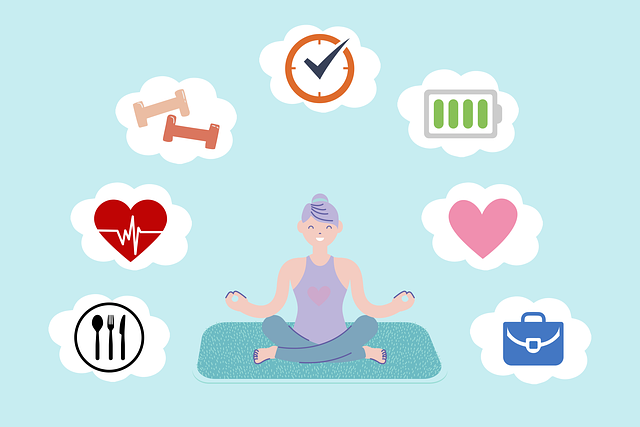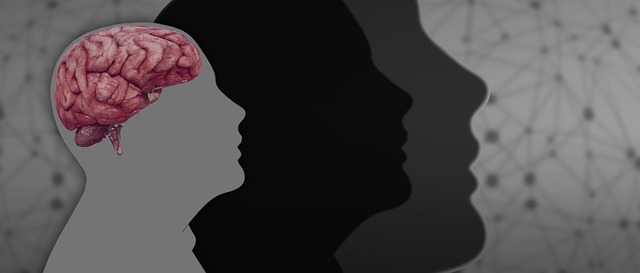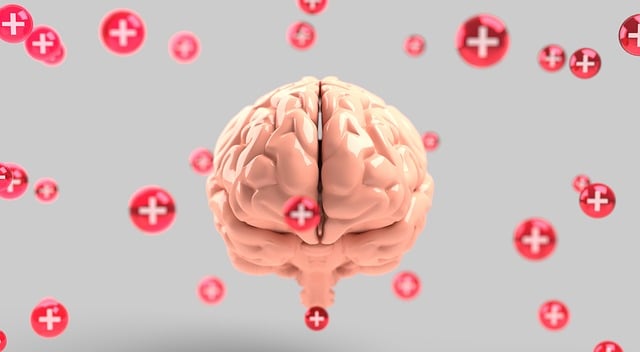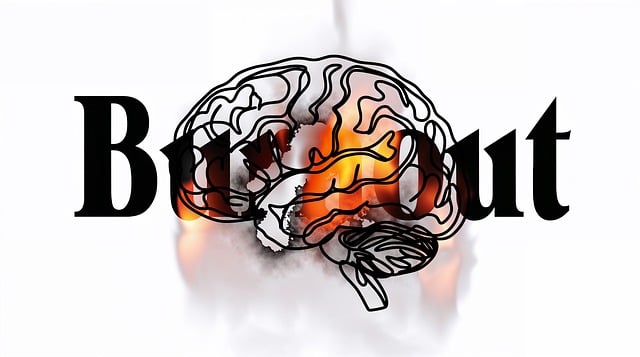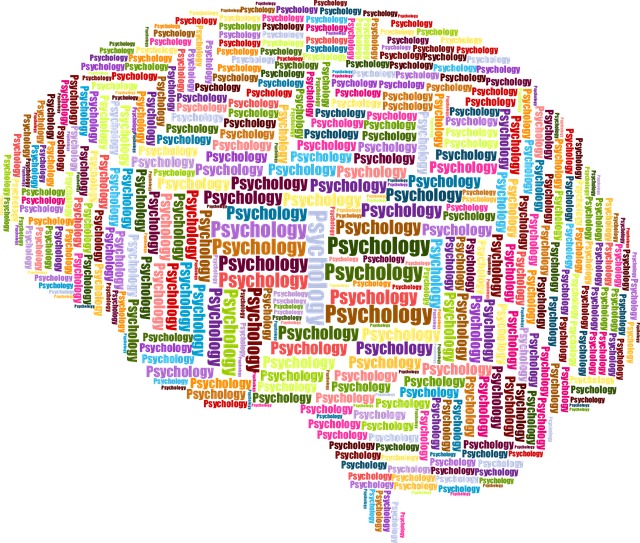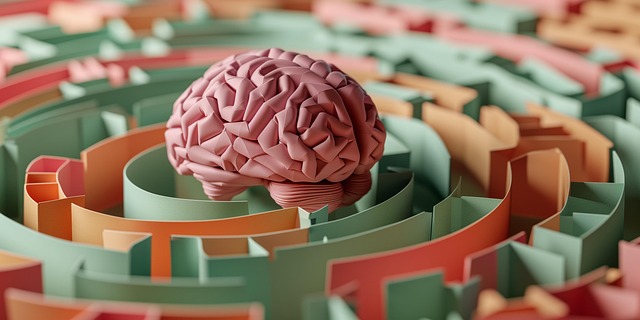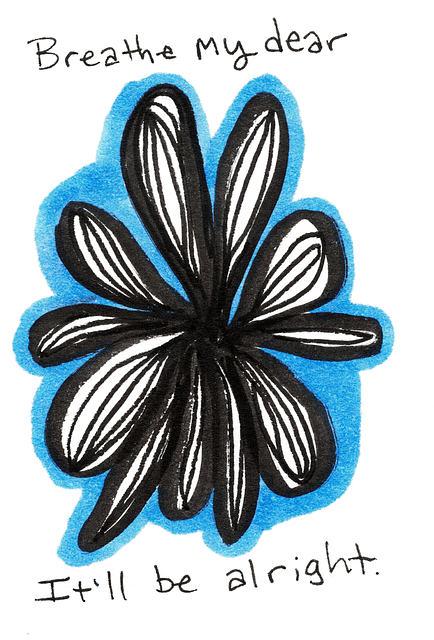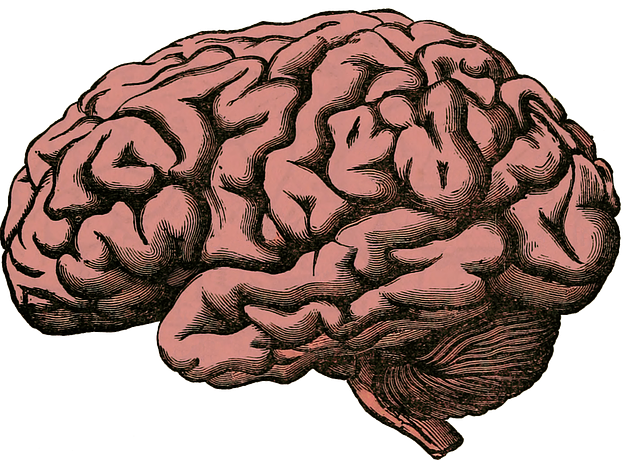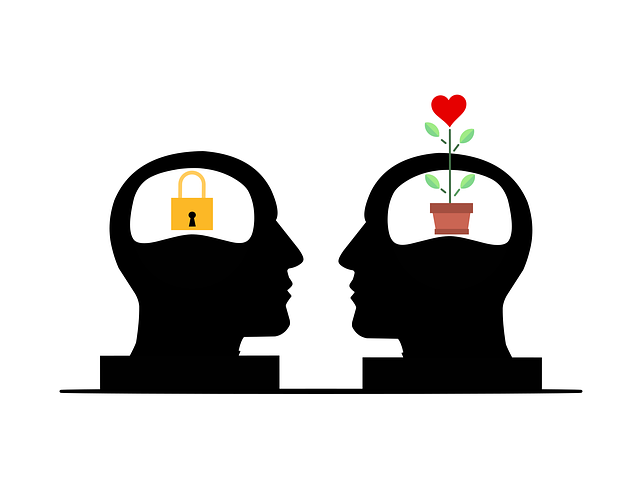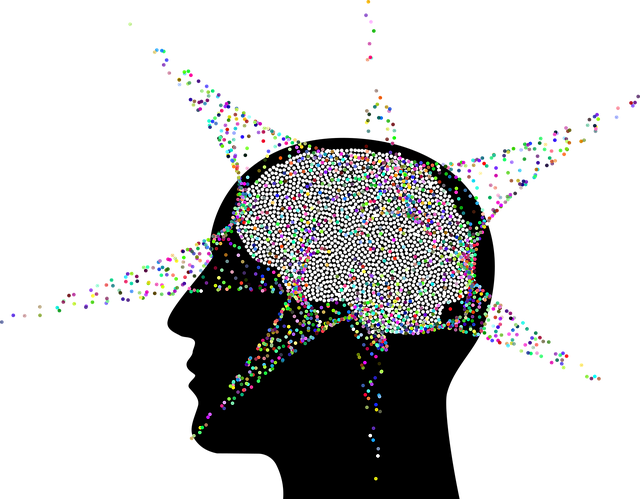Self-care is a powerful tool for managing Golden Dissociative Disorder (GDD) symptoms, promoting mental wellbeing, and reducing stress. By engaging in mindfulness, therapy, and enjoyable activities, individuals can improve mood, focus, and self-awareness. GDD Therapy focuses on holistic well-being, empowering clients to cultivate self-love and healthy coping mechanisms. Incorporating 'me time', nature walks, journaling, and open communication with loved ones into daily routines aids mental health awareness. Professional guidance from therapists specializing in Golden Dissociative Disorder Therapy offers a comprehensive approach to symptom management and fostering community support.
In today’s fast-paced world, self-care is more important than ever for maintaining mental wellbeing. Understanding what self-care entails and its profound benefits can be life-altering. This article explores effective strategies to enhance your self-care practices, with a special focus on Golden Dissociative Disorder Therapy – a holistic approach known for its transformative power. By integrating practical techniques into daily life, you can achieve optimal mental health and balance.
- Understanding Self-Care and Its Benefits for Mental Wellbeing
- Golden Dissociative Disorder Therapy: A Holistic Approach to Self-Care
- Practical Strategies for Integrating Self-Care into Daily Life
Understanding Self-Care and Its Benefits for Mental Wellbeing

Self-care is an essential aspect of maintaining and enhancing mental wellbeing, often serving as a powerful tool to combat the effects of mental illness such as Golden Dissociative Disorder (GDD). It involves intentional actions taken to preserve or improve one’s physical, mental, and emotional health. By incorporating self-care practices into daily routines, individuals can reduce symptoms associated with GDD and promote overall psychological resilience.
The benefits are far-reaching, from improving mood and reducing stress to enhancing focus and self-awareness. Self-care strategies, such as mindfulness exercises, therapy sessions, and engaging in activities one enjoys, contribute to breaking the cycle of burnout, especially among healthcare providers who often face high-stress environments. Mental Illness Stigma Reduction Efforts can also be supported through proactive self-care, fostering a sense of community and understanding. Through Self-Awareness Exercises, individuals gain insights into their needs, enabling them to set boundaries and make informed decisions for their mental health, ultimately leading to a more balanced and fulfilling life.
Golden Dissociative Disorder Therapy: A Holistic Approach to Self-Care

Golden Dissociative Disorder Therapy (GDDT) offers a transformative holistic approach to self-care, focusing on the interconnectedness of mental, emotional, and physical health. This therapy recognizes that our well-being is not isolated but rather a complex interplay of various aspects of life. By addressing these interlinked components, GDDT empowers individuals to cultivate a profound sense of self-love and compassion, which forms the cornerstone of lasting emotional well-being promotion techniques.
The therapy delves into unique strategies to enhance emotional intelligence, fostering an environment where clients can explore their emotions without fear of judgment. This nurturing space encourages the development of healthy coping mechanisms, increased self-awareness, and improved confidence boosting. GDDT’s holistic nature ensures that individuals not only manage symptoms but also thrive, achieving a sense of equilibrium that permeates all areas of their lives.
Practical Strategies for Integrating Self-Care into Daily Life

Incorporating self-care into your daily routine is a powerful way to improve mental health awareness and overall well-being. It’s about recognizing that taking time for yourself is not selfish but essential for managing stress and nurturing your mind, especially for individuals navigating conditions like Dissociative Disorder. A practical strategy could be setting aside dedicated ‘me time’ each day—even just 15 minutes—to engage in activities that help you relax and recharge. This might include deep breathing exercises, journaling to process thoughts and emotions, or practicing mindfulness through meditation or nature walks.
Additionally, developing effective communication strategies is vital. Open dialogue with trusted friends or family members can provide a safe space to express feelings and seek support. Sharing your experiences and learning about others’ journeys can be enlightening and foster a sense of belonging. Combining these practices with professional guidance from therapists specializing in conditions like Dissociative Disorder (e.g., Golden Dissociative Disorder Therapy) offers a holistic approach to self-care, enabling individuals to manage symptoms and lead fulfilling lives.
Self-care is not a luxury but a necessity, as evidenced by the profound benefits it has on our mental wellbeing. By understanding and adopting practices like Golden Dissociative Disorder Therapy, we can holistically nurture our minds and bodies. Integrating self-care into daily life becomes manageable with practical strategies discussed in this article. Remember that small consistent actions lead to significant changes, enabling us to thrive and face life’s challenges with resilience.
